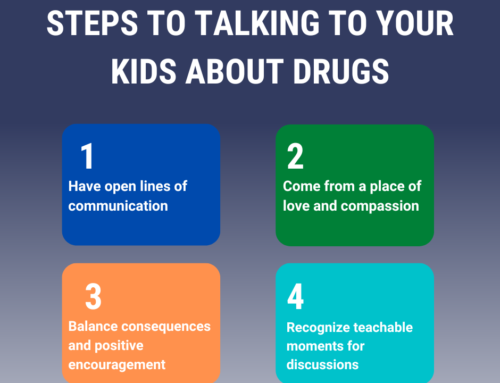Writing is highly personal and writers get to choose to share or not share work. Lots of exercises can be structured about recovery but don’t have to be. Sometimes it is helpful to write about recovery yet others will struggle. Creative writing is tough at first but once you get into the swing of it, you may find it really helps recovery.
Become a List Person
The best way to start writing is to get into a group setting like a class. Get a list together as a warm-up for your brain. With lists, there is no need to write in full sentences or use grammar that is perfect. Lists can be less intimidating for beginner writers or those in detox with trouble focusing. Lists can later become essays or poems. Topics may include:
- Fave foods
- Things that are green
- Things that remind you of home
- Things you enjoy
- Parts of your body that are unique or interesting to you (long fingers, dimpled cheek)
Many of these revolve around objects. Getting imagery in your head is important to start with to evoke the senses. Anyone can write memories of things they’ve seen, felt, smelled, or tasted.
Free Writing
The idea behind free writing, or stream of consciousness writing, is to write continuously without lifting pen from paper. It is okay if not all the words on the page are brilliant and in alignment. The writer may also go back and revise. Writers should not be too hard on themselves and you can always go back and edit later when you have time. Free writing is about free expression without overthinking.
Repetition
Repeating a phrase is important. If you get stuck or cannot think of what to say, it may help get words and ideas going again. The goal is to get writing and generating ideas. Try:
- I love it when…
- I hate it when…
- I’m trying to say…
- I’m thankful for…
- I will never…
- To me, it means…
Letter Writing
A holistic approach to recovery is focused on helping people write their feelings down and sharing those feelings with others. Writing down things in a letter explaining addiction and apologizing is one of the steps in recovery many do in support of recovery. The process of it can be cathartic and healing from the standpoint of owning up to your mistakes. Another approach is to imagine a loved one has written advice in a letter. Think about what you might say to support someone else in need.
The Springboard Center’s addiction treatment programs are tailored to meet the needs of each client. We use approaches like creative writing in therapy programs to support recovery. We utilize a group approach to support individual and overall recovery in a safe environment. Call us to find out more information: 432-620-0255




